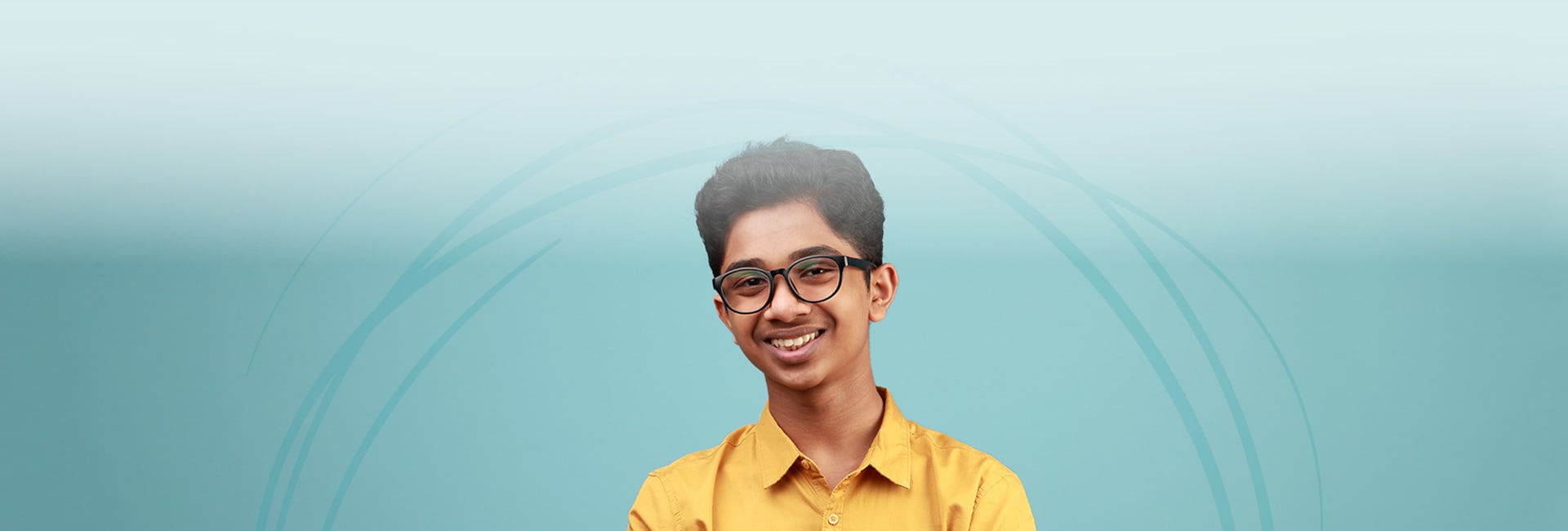Myopia Control for Long-Term Vision
Myopia, also called nearsightedness, is very common in children and sticks with them through adulthood. Approximately 30% of the Canadian population has myopia and that half of the world’s population will have myopia by 2050. While nearsightedness can be corrected with glasses, contacts, or laser eye surgery, there are increased risks of vision loss associated with high myopia.
Myopia control uses specialized contacts, glasses, or eye drops to slow the progression of myopia in children during the years their eyes are growing. This can leave them with a lower prescription by adulthood, limiting the risks of high myopia.
Children are often diagnosed with myopia by age 6 or 7. An eye exam is an essential part of supporting your child’s visual health, so they should see the optometrist yearly by the time they’re in school. We invite you to book an eye exam for your child today.
What Is Myopia?
Myopia is a refractive error that is caused by the eye being too long or the cornea having a particular curve to it that results in light not focusing correctly on the retina. A person with myopia can typically see clearly up close, but can’t focus on objects in the distance.
The Canadian Association of Optometrists recommends that children spend at least 90 minutes outside every day to help reduce the likelihood of developing myopia. The organization also advises children’s use of digital screens should be strictly limited, since this kind of close-up focus activities may also contribute to a higher risk of developing myopia.
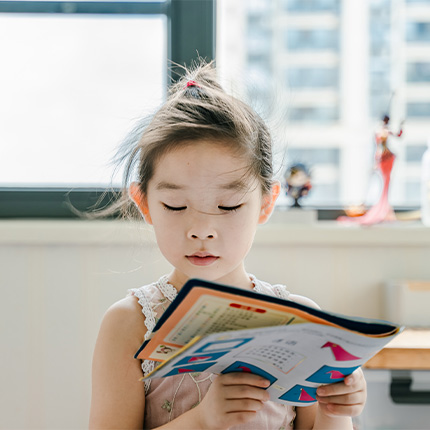

How We Can Control Myopia Progression
If we identify nearsightedness during your child’s eye exam, your optometrist will discuss myopia control options with you and your child. The best method for your child will depend on their particular needs and their age.
Multifocal Contact Lenses
CooperVision MiSight lenses can be used by children as young as 8, if they are comfortable with contact lenses, to both correct their vision and slow the progression of myopia. These lenses are daily disposables, meaning your child has no daily lens-cleaning regime to learn. In a survey, most children said they preferred wearing the contacts over glasses. MiSight lenses have been shown to reduce myopia progression by almost 60%.
Specialty Glasses Lenses
For young children, kids who prefer glasses over contacts, or those who struggle with inserting and removing contacts, myopia control lenses are an excellent option. These are worn just like your child’s regular glasses. The only difference is that the lenses not only correct their vision, but also slow eye growth that leads to myopia progression.
Hoya Vision’s MiyoSmart lenses have been shown to reduce myopia progression by 60%. Zeiss MyoVision lenses are another option to correct vision and slow the progression of myopia.
Atropine Therapy
Atropine is a medication shown to effectively slow myopia. It’s the same medicine we use to dilate the eye during an eye exam. Research suggests that daily low-dose atropine drops work by temporarily relaxing the eye’s focusing mechanism. Since the drops don’t provide any vision correction, your child will need to wear their regular glasses or contacts during the day for clear vision.
Start Managing Their Myopia Today
There is no cure for myopia, but with comprehensive eye exams, we can identify it early and slow its progression. Book your child’s appointment today.

Our Location
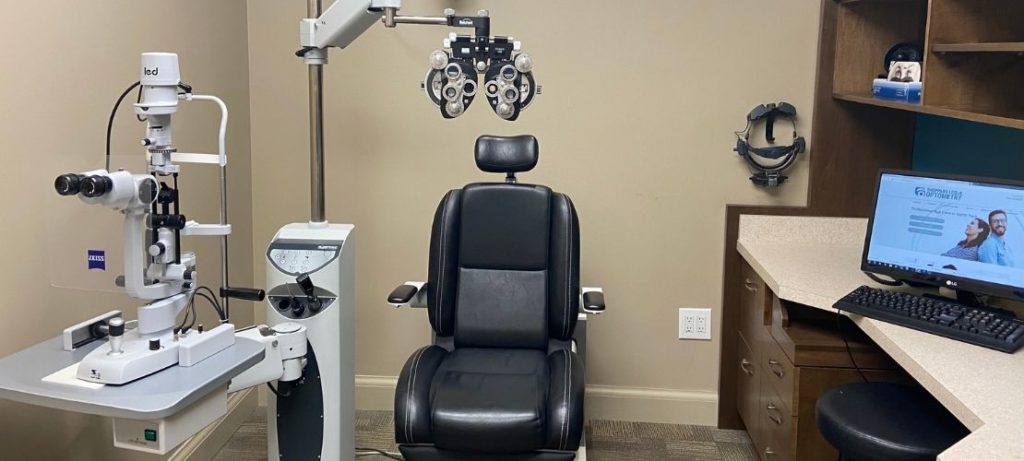
Our Address
- 1110 Sheppard Ave E., Unit 400
- North York, ON M2K2W2
Contact Information
- Phone: 416.733.4411
- Email: [email protected]
Our Hours
- Monday: 9:00 AM – 4:00 PM
- Tuesday: 10:00 AM – 7:00 PM
- Wednesday: 9:00 AM – 5:00 PM
- Thursday: 9:00 AM – 6:00 PM
- Friday: 9:00 AM – 4:00 PM
- Saturday: 9:00 AM – 2:00 PM
- Sunday: Closed
Note: Saturday hours are once per month. Please call to confirm.
Our practice is located in Oriole Place Medical and Professional Offices near North York General Hospital, easily serviced by the Sheppard subway line.
Our Services

Comprehensive Eye Exams

Dry Eye Therapy

Laser Eye Surgery Consultations
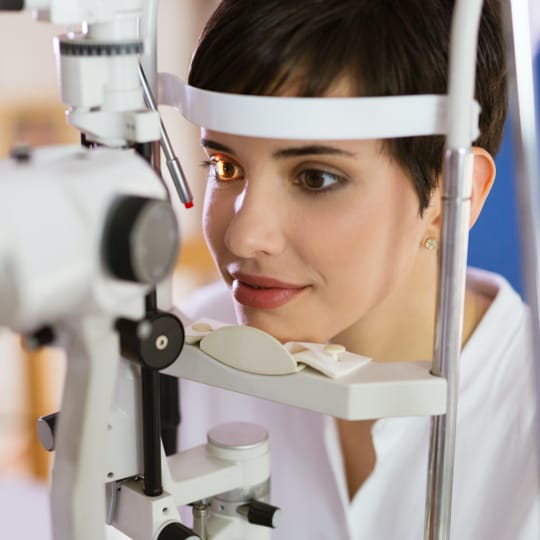
Emergency Eye Care

Our Brands

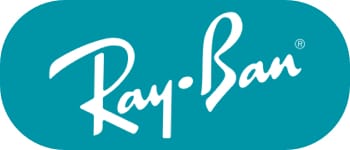
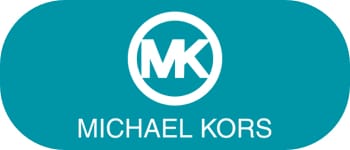
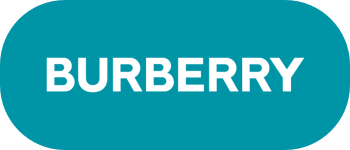

See Our Google Reviews


